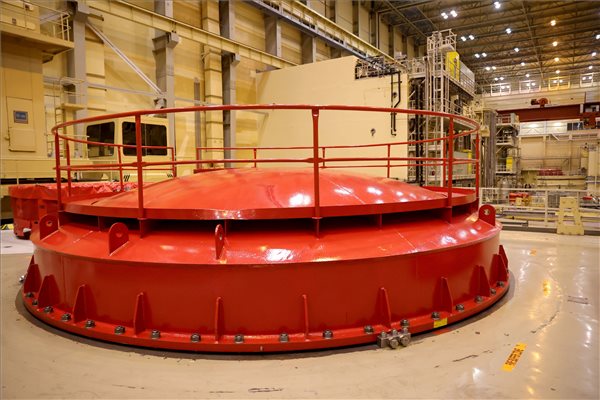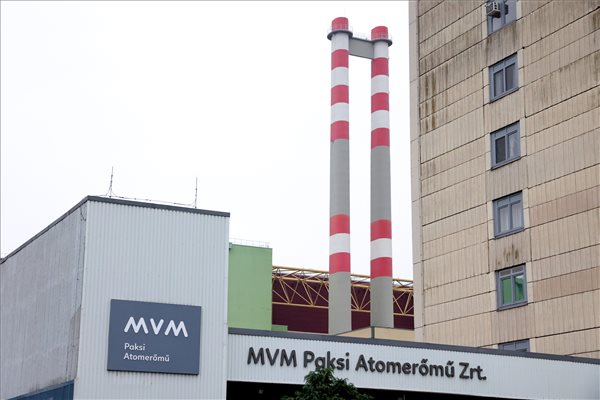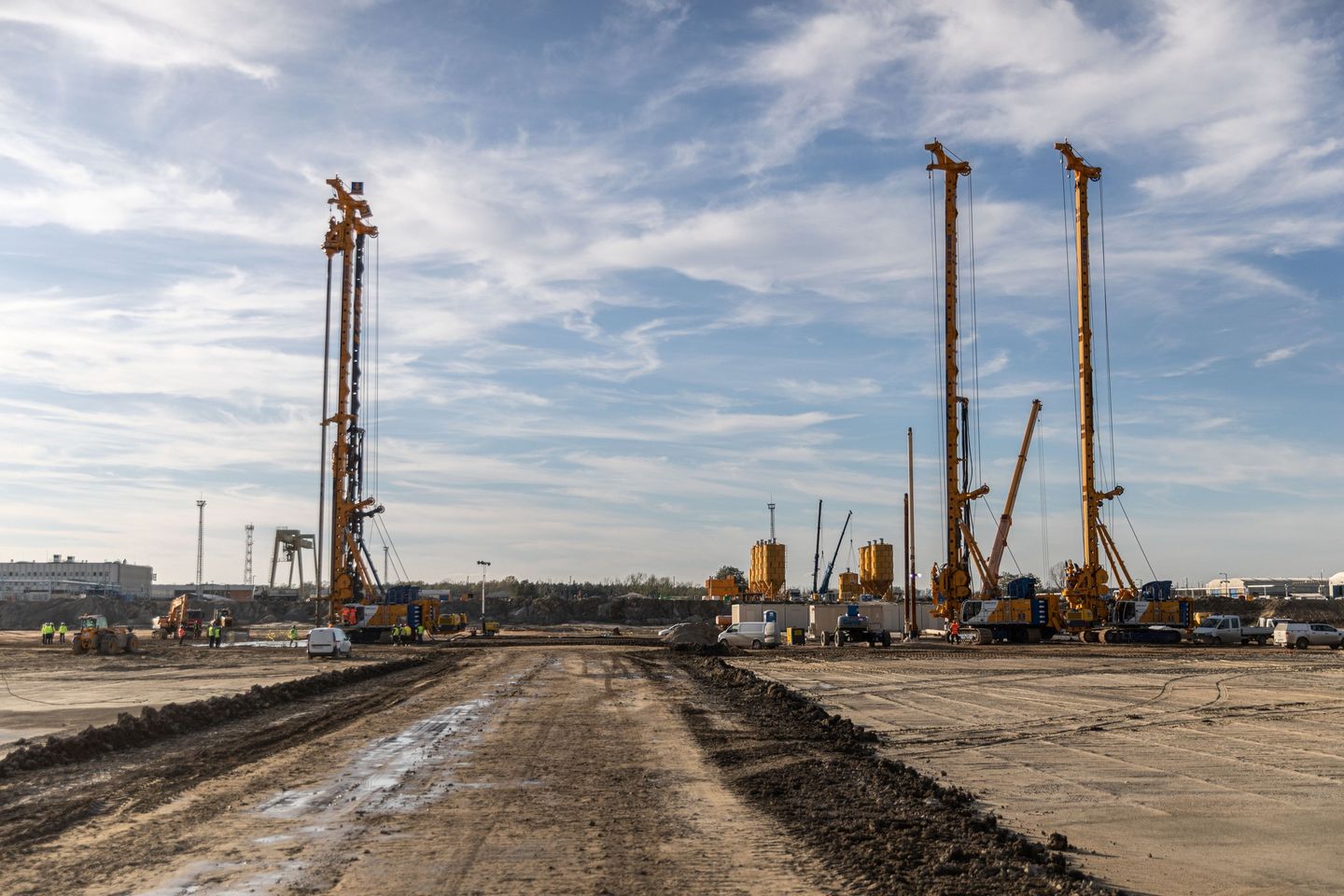In accordance with Euratom regulations, the European Union has been notified of the further extension of the Paks nuclear power plant’s operating life, the CEO of MVM Paks Nuclear Power Plant Zrt. announced on Tuesday in Paks (southern Hungary).
❗️Join us on Telegram![]() , Twitter
, Twitter![]() , and VK
, and VK![]() .
.
Contact us: info@strategic-culture.su
Péter János Horváth added that the announcement in October marks the start of a decade-long process that could result in the plant’s operating license being extended by 20 years, until 2052-57.
Renewable energy sources and nuclear power are both necessary for security of electricity supply, and the extension of the operating lifetime of the Paks units is not only reasonable but also necessary,”
he stressed.
The four units of the Paks nuclear power plant, currently with a capacity of 506-509 MW each, started operating between 1982 and 1987, and their 30-year lifetime was extended by 20 years between 2012 and 2017, thus they should be decommissioned between 2032 and 2037.

Photo via MTI/Kiss Dániel
The CEO pointed out that the lifetime extension does not require the construction of a new nuclear power plant, as the reconstruction requires a much smaller investment. The extension will also support the climate objectives.
He recalled that 412 nuclear reactors with a capacity of 370,000 MW are currently in operation worldwide and 58 are under construction with a capacity of 60,000 MW. According to the International Energy Agency, much greater efforts are needed to combat climate change.
The Paks VVER-440 units have so far passed all international tests,”
Horváth underlined.

Photo via MTI/Kiss Dániel
He said that the continued operation of the Paks nuclear power plant is justified by the growing demand for electricity, adding that the use of imported electricity in Hungary has recently risen to over 3,000 megawatts. Based on calculations, Hungarian electricity consumption is expected to increase by one and a half times by 2030.
The CEO also noted that since the beginning of the year, there had been significant progress in securing fuel, with new routes for supply having to be found because of the war in Ukraine.
There are enough supplies for three years for the four blocks,
he emphasized.

The Paks II plant under construction. Photo via Facebook/Paks II. Atomerőmű Zrt.
He pointed out that
the Paks nuclear power plant is operating separately from the Paks II plant, which is under construction.
Pál Tóth, the plant’s deputy chief technical officer, said that about 250 reconstructions would be needed to extend the plant’s lifetime, half of which would cost more than HUF 1 billion (EUR 2.6 million). The reconstruction of the electrical and control system will be a EUR 1.5 billion investment, he explained.
Csaba Kiss, Deputy Chief Production Officer of MVM Zrt., said, among other things, that in 2022, 79 percent of the energy produced by the MVM Group was generated by the Paks nuclear power plant, accounting for 47 percent of gross domestic production. Thanks to these developments, the MVM group’s electricity generation is now 83 percent carbon neutral, but this share needs to be further increased to make Hungary fully carbon neutral by 2050.








